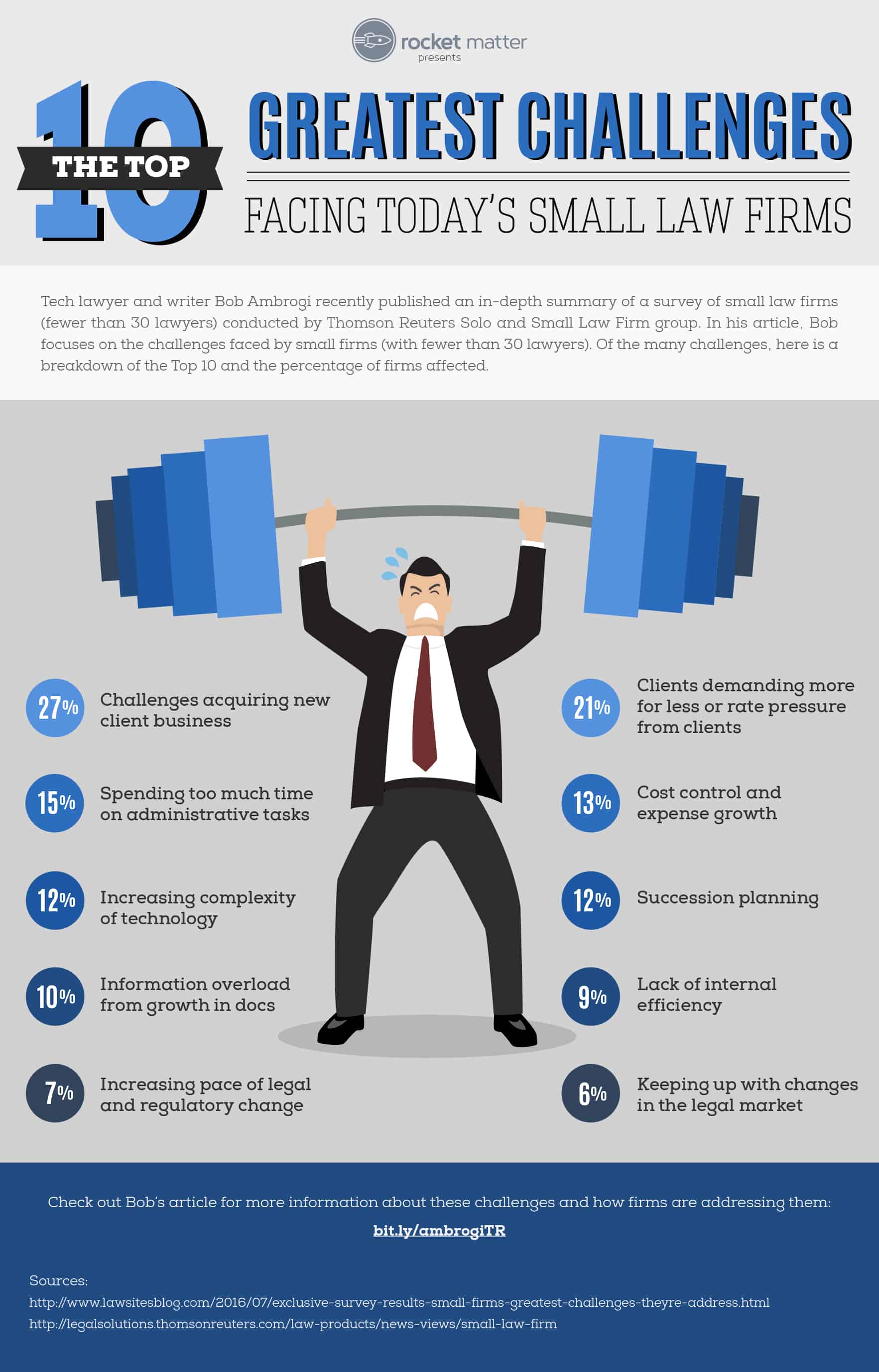Comprehending Your Legal Civil Liberty During A Criminal Examination
Comprehending Your Legal Civil Liberty During A Criminal Examination
Blog Article
visit the next website By-McLeod Gaines
You're in the spot, dealing with a criminal examination. But don't panic. Understanding your legal civil liberties is essential.
From the right to stay quiet to the right to legal depiction, you have more power than you believe.
This short article will certainly direct you through the maze of laws and procedures, ensuring you remain notified and protected.
So, take a deep breath, and let's look into the world of your legal rights throughout a criminal investigation.
The Right to Remain Silent
You can continue to be quiet during a criminal examination. This essential right is protected by the Fifth Change of the USA Constitution.
When police officials are questioning you, you have the option to remain quiet and not provide any kind of self-incriminating details. It's important to recognize the value of this right, as anything you claim can be used versus you in a court of law.
By continuing to be silent, you can prevent making any type of statements that might be misunderstood or made use of versus you later. It's vital to exercise this right, even if you think you're innocent, as talking without legal guidance present might cause unplanned consequences.
The Right to Legal Depiction
Can lawful depiction is critical throughout a criminal investigation, as it allows you to have an experienced and educated supporter on your side to shield your legal rights and supply support throughout the procedure. Below are 3 crucial reasons having legal representation is important:
1. Experience: A legal representative is fluent in criminal law and recognizes the intricacies of the legal system. They can provide you with suggestions on just how to browse the investigation and make sure that your civil liberties are protected.
2. Investigation Aid: Your attorney can conduct their very own examination to collect proof in your favor. They can talk to witnesses, testimonial records, and reveal any type of problems in the prosecution's situation.
3. Settlement and Defense: A competent legal representative can discuss with the prosecution to possibly decrease fees or protect a plea bargain. If the case mosts likely to trial, they'll construct a strong protection technique to present your side effectively and test the proof versus you.
Having legal depiction is a basic right that can dramatically influence the end result of your case.
The Right to Due Process
Experiencing a criminal examination, you're qualified to the right to due process, ensuring that your legal civil liberties are secured throughout the whole legal proceeding.
Due process refers to the fair treatment and defense of individuals associated with a legal situation. It guarantees that you'll be notified of the costs against you, the possibility to present your protection, and a fair and neutral trial.
During the investigatory stage, police must follow appropriate treatments, such as getting search warrants or apprehending you with potential reason.
As the situation proceeds to trial, you can be stood for by lawful advise, cross-examine witnesses, and existing evidence in your favor.
The right to due process is a basic principle of justice that ensures your civil liberties are valued and secured throughout the criminal justice system.
Verdict
As you navigate the labyrinth of a criminal examination, keep in mind that your civil liberties resemble a sturdy guard, safeguarding you from the tornado of unpredictability.
Your right to remain silent maintains your words from being turned against you, while the right to lawful representation stands as a leading light in the darkest corners.
And the right to due process ensures that justice will dominate, like a sign of hope in a foggy night.
Embrace these civil liberties, for they're your steadfast buddies in this troubled journey.
